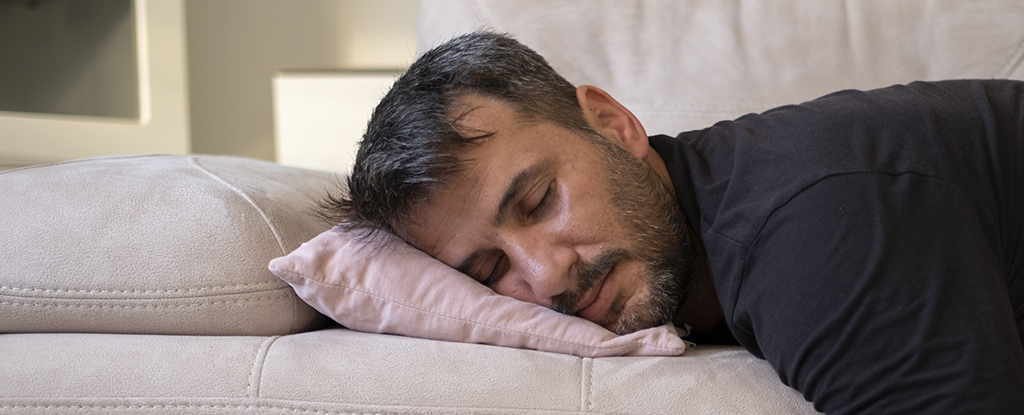If study deadlines, young kids, or work shifts mean you’re pulling an all-nighter (or five), some nap strategies are better than others when it comes to keeping yourself fresh and alert, according to newly published research.
Sanae Oriyama, a biomedical scientist at Hiroshima University in Japan, reanalyzed the results of three previous preliminary studies to assess the benefits of taking 30-minute, 90-minute, and 120-minute naps during a simulated 16-hour night shift.
She concluded a combination of the two shorter nap times was best in terms of staying sharp and reducing tiredness. The longer 120-minute nap was least effective when it came to fighting off drowsiness over the course of the shift.
“A 90-minute nap to maintain long-term performance and a 30-minute nap to maintain lower fatigue levels and fast reactions, as a strategic combination of naps, can be valuable for early morning work efficiency and safety,” says Oriyama.
The three pilot studies involved 41 participants in total: 15 who didn’t nap at all during the shift, 14 who napped for 120 minutes (10pm to midnight), and 12 who had two naps of 90 and 30 minutes (10:30 pm to midnight and 2:30 am to 3:00 am).
Using the Uchida-Kraepelin test, a standardized way of measuring speed and accuracy on a task, the volunteers were assessed every hour across the overnight shift. They were also asked to assess their own levels of tiredness.
For those who took a single, longer nap earlier in the night, drowsiness (or feeling sleepy) tended to hit at 4:00 am or thereabouts, whereas for those taking two shorter naps it was pushed back to around 6:00 am.
Fatigue (a more general feeling of tiredness) was experienced by all the groups between 4:00 am and 9:00 am, though the two-nap group experienced it at a lower intensity compared with those who had slept through a full 120 minutes.
Neither nap pattern seemed to improve cognitive task performance, though those who took longer to fall asleep for a 90-minute nap had worse scores – perhaps because a natural sleep cycle is thought to be 90 minutes, and waking up just before this finishes isn’t healthy for our bodies.
We know that staying up all night isn’t good for us, but it can’t always be avoided, especially when working in emergency healthcare. In Japan, nurses are typically allowed up to two hours of sleep in total, across a 16-hour night shift, which is what the research was based on – but it could be applicable to other scenarios too.
“The ideal time for taking a nap and the ideal nap schedule during long night shifts need further elucidation,” says Oriyama.
“The results of this study can be applied not only to night shift workers but also to minimize sleep deprivation fatigue in mothers raising infants.”
The research has been published in Science Advances.





